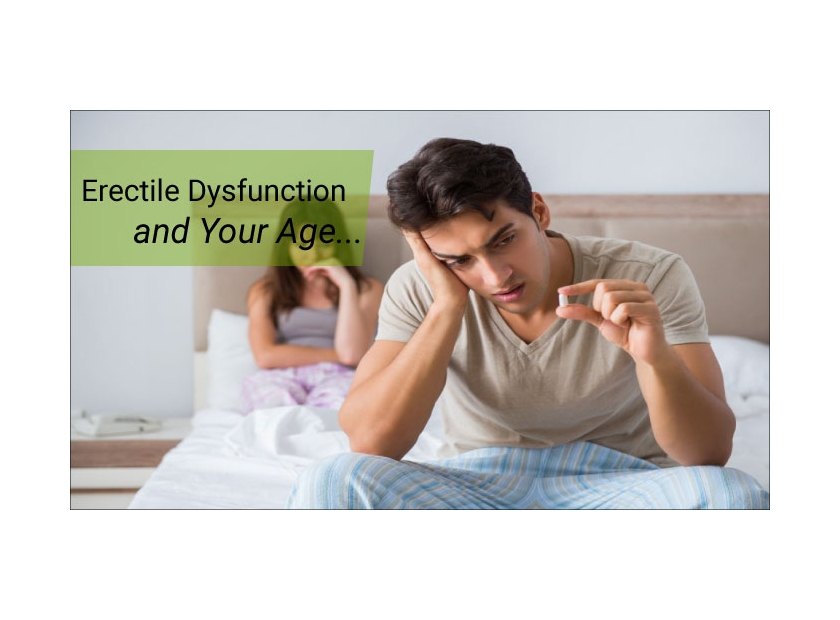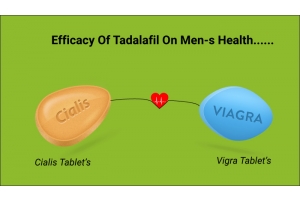Erectile Dysfunction and Your Age
Erectile Dysfunction and Your Age
Erectile dysfunction (ED) is the inability to keep an erection extreme firm enough to have sexual intercourse. Some people may adopt ED as per increases with age. The fact is that erectile dysfunction and the inability to preserve an erection aren’t always age related. Aging doesn’t necessarily mean you’re cancelled to develop ED indefinitely. While age can increase as per the risk for ED, there are ways to treat ED. Learn more about the hazard and treatment options is given points.
What is erectile dysfunction?
Male sexual arousal may appear simple, but it depend on a precise, complex sequence of events inside the body. The brain activates nerves system in the penis to relax muscles in the spongy tissues that run the length of the penis. When these muscles being relax, blood can flow in from arteries to fill open spaces in the spongy tissue in penis.
Increased blood pressure spread in the penis. Membranes around the spongy tissue cause the erection. Anything interrupting this sequence can result in the inability to have or keep an erection long enough for sexual intercourse during sex Longer time.
Erection dissatisfaction can actually enlarge lovemaking. The dark cloud of erection being changes has a to silver lining. Young couples again and again have problems of this because young men become aroused faster than young women. Young men are again all finished before young women have even started to get around fill. Post-50 years the erection changes slow men’s arousal process so their erotic pace is more closely as compare women’s. A slower pace allows plenty time for kissing, cuddling, and whole-body massage, all essential thing to most women’s enjoyment achieve of sex. Seen in this light, for many older couples, erection discontented can be a gift.
The Younger the Man, the Better the Function
Results showed that age played an important role in men who said they had erection. The older the men, the higher the reports as per of ED. The reports ranged from "Better" function among younger men to a continue decrease to "poor" among the older group.
The majority of younger men (74%) rated sexual function as good or very good; only 10% of men older than 80 years rated sexual function the same. Only 12% of younger men reported big or moderate sex problems. But nearly a quarter to a third of men older than 50 years reported this degree of severity in sexual function.
- 2% reported first experiencing ED before age 40 years
- 4% reported first experiencing ED between ages 40 years to 49 years
- 26% reported first experiencing ED between ages 50 years to 59 years
- 40% reported first experiencing ED between ages 60 years to 69 years
Men with a healthy lifestyle and no chronic disease had the lowest risk for erectile dysfunction; the greatest difference was seen for men aged 65-79 years. For instance, men who exercised at least three hours of period per week had a 30% lower risk for ED than those who little exercised. Obesity, smoking, and continue TV watching were also combined with having a greater risk of erectile dysfunction.
Erectile dysfunction affects as many as 20 million American men. It can be devastating to self-esteem and have far reaching effects on relationships in sexual life. Medical researchers say they hope their study will shed new light on the condition and help fight its social discredit.
ED means that no erections from masturbation. According to the American Urological Association department, ED is “the inability to achieve or maintain an erection sufficient for satisfactory sexual performance.” Huh? That’s absurdly unclear. If you define “an erection of penis” as what you see in porn movie, and “satisfactory sexual performance” as porn sex immediate, hard-as-rock erections of penis that last forever with climaxes always on cue then just about every guy has ED. What is ED, really? For practical purposes thing, it means that a man who’s sober (no alcohol or other erection-impairing drugs) cannot grove up even a semi-firm erection after extended masturbation.
What’s the outlook?
The risk for ED can rise with age because of naturally decreasing levels of testosterone is responsible. Still, testosterone and age aren’t the one of the factors in maintain an erection. Most causes of ED aren’t directly related to age, but replace other underlying medical issues.
Your physician can identify the causes of ED with a blood test and physical and psychosocial exams. There may even be more than one or more underlying cause. Once the problem is properly identified, ED can be diagnosed and cured so you can lead a happier, healthier life.








